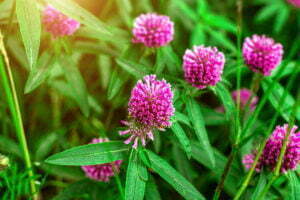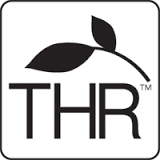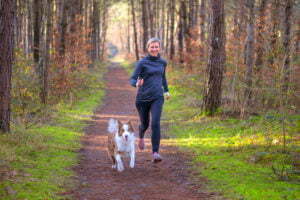

Lifestyle changes and Weight loss
This is an ideal opportunity to discuss life style intervention to reduce risk of heart disease and also improve menopausal symptoms. Regular exercise, maintaining or achieving a healthy weight, reducing alcohol intake and smoking will improve long term heath conditions and quality of life.
Research has suggested weight loss reduces hot flushes and sweats. Fat appears to be an insulator and interferes with heat loss.
